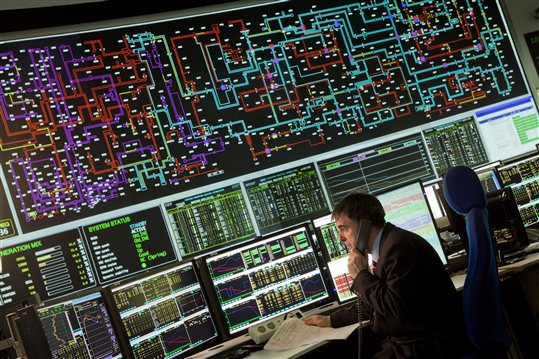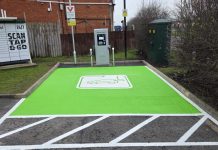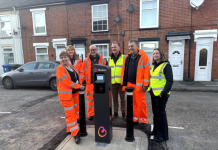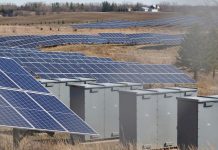National Grid ESO has opened its latest round of consultation events, aimed at tapping industry wisdom to speed up connections for new renewables generators.
Over 280GW of projects are currently seeking connections, the NG-ESO calculated in March.
The service operator is running live events this week tomorrow 22nd in London and online on 22 June, designed to gather stakeholder opinions and expert evidence.
Clean energy farms’ waits of a decade and more for hook-ups are emerging as a national scandal, attracting the ire of trade bodies such as the REA. Last month the Commons’ Environmental Audit Committee launched a new inquiry into backlogs and blockages in Britain’s system for granting grid access.
At the same time Ofgem published its own call for evidence on methods to purge time-expired or otherwise dormant applications from the nation’s queue. The regulator’s appeal closed last week.
The NG-ESO is following suit. Julian Leslie, the ESO’s head of networks, invites industry opinions at the roadshows, in response to the Grid’s latest set of proposals.
“We have seen huge increases in the numbers and capacities of projects seeking to connect, yet our data shows that up to 70% of those projects may never be built”, Leslie writes in the operator’s GB Connections Reform briefing.
”Those projects holds up capacity, significantly delaying the connection of other projects”, he added.
Addressing the system blockage, the Grid has prioritises 5 areas for reform. They include:
- Allowing developers to leave the connection queue without penalties. Closing in April, the NG-ESO’s amnesty received over 8GW of applicants. With Ofgem’s input, it is now running cost calculations, and intends an imminent update.
- Updating how connection dates are arrived at. Given new assumptions around construction roll-outs, the grid is working with GB’s transmission owners (TOs) to update existing contracts.
- Speeding up connections for energy storage. As much as 117GW of battery projects now in the pipeline can be moved forward, the NG believes. System security means only on very rare occasions will batteries be instructed to reduce output.
- Re-assessing how batteries & storage affect the grid. Rapidly evolving technologies raise questions over the relevance of old assumptions.
- New terms for connection contracts. The operator’s proposals are now with Ofgem.
Read more on NG-ESO’s latest outreach sessions here.





Dormant green electricity projects are a significant concern, but are a distraction from the overall problem of the UK’s capacity to deliver green electricity to consumers. It is arguable that by 2050 most of our primary energy will be produced as electricity, with the balance from geothermal power. Today our primary energy demand is around 2,000 TWh when all electricity production is only 10% of that, so we need to massively upgrade our electricity transmission capacity by 2050. Can this be done by the National Grid? This seems unlikely, so local generation and consunption may be a way to bypass the grid, but is anyone thinking about a new national grid of DC power? after all many renewables produce DC power, and electrolysers need it too; DC transmission has a much lower energy loss than AC and with DC you don’t need invertors which also lose energy as heat.